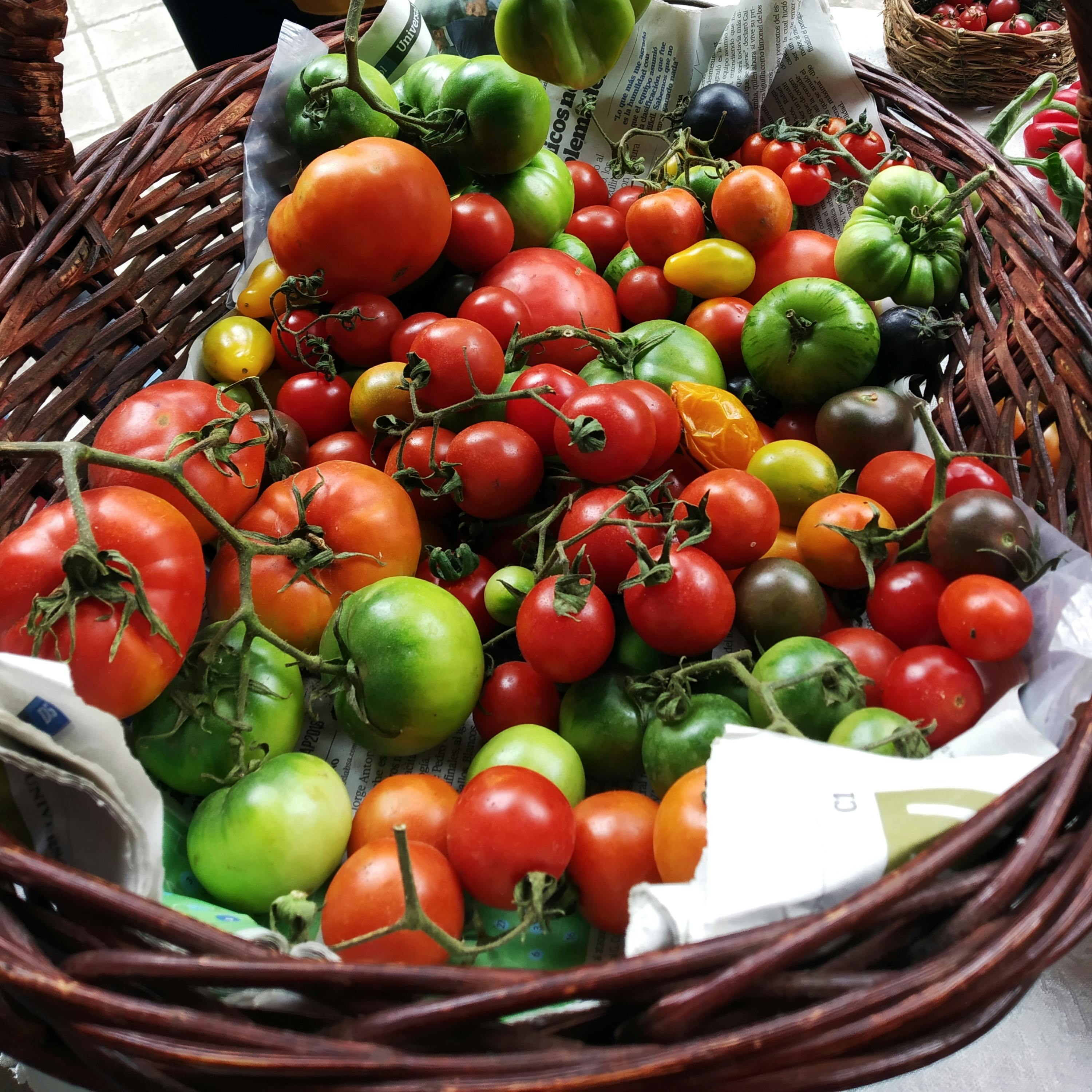Everything You Know About Metabolism Is Wrong
If you’ve heard of metabolism, you’ve probably heard endless tips and tricks to boost it, from working out to drinking green tea. The idea is that a slow metabolism leads to weight gain, and speeding it up makes it easier to shed pounds. But what if we told you that metabolic rate doesn't really have anything to do with why so many of us in the developed world are heavy? This episode, nutrition scientist Kevin Hall and science journalist Julia Belluz join us to debunk metabolic myths, starting with what actually happened behind the scenes on the reality TV show The Biggest Loser. Can you really mess up your metabolism by gaining and losing weight, or reset it with morning tonics and exercise? Are those of us who weigh more than we want cursed with a slow metabolism, while those of us who seem to be able to eat whatever we want without gaining weight are just lucky to have a speedy one? And what do World War I explosives and Froot Loops have to do with figuring this all out? Listen in this episode, as we debunk some metabolism myths!
Learn more about your ad choices. Visit podcastchoices.com/adchoices
Learn more about your ad choices. Visit podcastchoices.com/adchoices
Press play and read along
Transcript
Transcript is processing—check back soon.
Gastropod — Everything You Know About Metabolism Is Wrong





